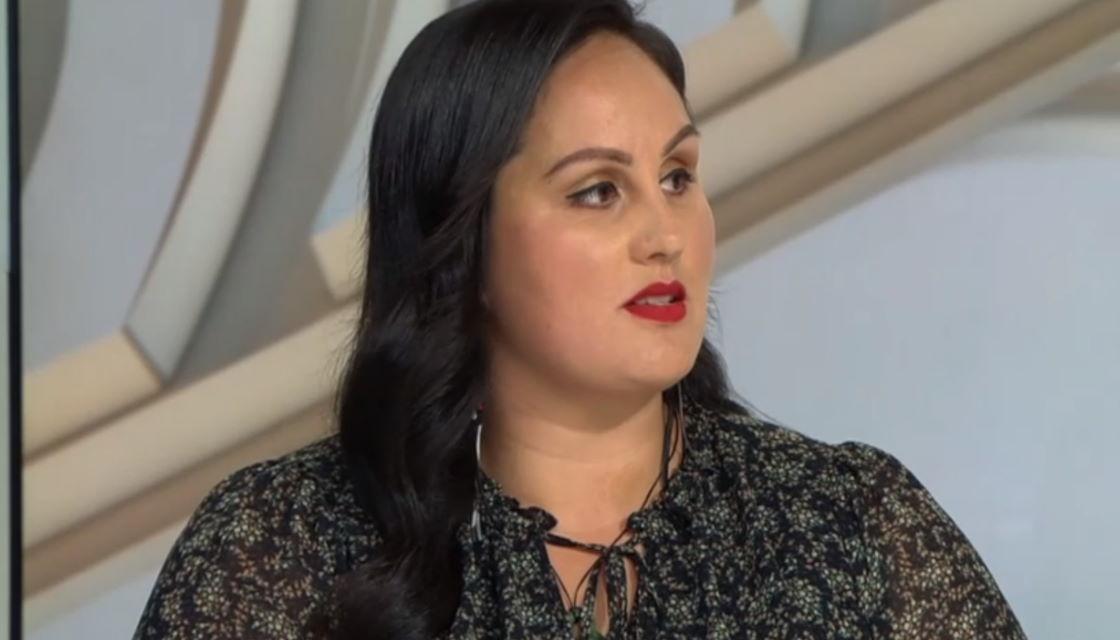Māori health professionals are hopeful the new Māori Health Authority will improve access to care for wāhine, one blaming colonisation for the inequities they face.
The Government two weeks ago announced a major reform of the health system, getting rid of the 20 separate district health boards and setting up an agency focused on Māori health outcomes, which have long fallen behind that of other ethnicities.
Māori women have it the worst of all, experts on a panel hosted by Māori current affairs show The Hui said on Monday night.
"From what I've heard, it's definitely evident Māori women are often the last to be offered anything, and we're definitely overrepresenting in all of the negative statistics, which is such a shame," said Waimarie Onekawa, a south Auckland midwife, one of the few who specialise in taking a Māori approach to the profession.
Statistics show Māori women have a life expectancy at birth nearly seven years shorter than non-Māori, and even a few years less than non-Māori men, who typically don't live as long as women.
And wahine Māori are more likely to report being unable to access GP and after-hours services, Ministry of Health data shows, whether it's a lack of transport or the cost.
Sarah-Jane Paine, a senior lecturer at the University of Auckland's Te Kupenga Hauora Māori, told viewers before colonisation "we were able to embrace and celebrate wahine Māori, and the things that were important to our health.
"It's been subsequent to colonisation that the shame of being a Māori women, the shame of talking about our bodies and what we need to be healthy and well for our whanau has come about."
Labour's plans for a Māori Health Authority have been strongly opposed by the Opposition. National leader Judith Collins said it would be better to allocate treatment on need, not race, and promised to scrap it should National win the election in 2023.
Selah Hart, chief executive of Auckland-based Māori public health group Hāpai Te Hauora, said responding to need is what the new authority would do, since it's not happening under the present regime.
"Political leaders have said it needs to be based on need - well the need is quite evident. It says it through every single stat you could possibly put your eyes on."

Dr Paine said women's health seemed to be treated "completely separate to the health of everyone else", more so for Māori women, who have trouble accessing treatment - and when they do, it's often of a lower standard. In the delivery room, for example, she said research shows Māori women are less likely to be offered C-sections and epidurals.
"If we are holding biases, if we are holding stereotypes, if we hold beliefs around what Māori women need - rather than understanding what Māori women have as their rights - then we're going to make decisions that are different perhaps compared to a non-Māori women... It's probably contributing to those feelings of whakama (shame or embarrassment) and wanting to hold back, or take another minute to decide whether to go for a screen."

Hart said the poor treatment Māori women recieve makes it less likely they'll go back, even if it's for something critical. Even little things like names being pronounced incorrectly can erode trust in the health system.
"When you take a step back and you understand the concepts of whakawhanaungatanga, of understanding how to say your name properly... I've had to personally experience having my name torn apart for 30-something odd years."
"Why would you turn up if people will make you feel bad about it?" added Stacey Morrison, a broadcaster and Pink Ribbon ambassador.
"This is an opportunity for the Māori Health Authority to look at how we can actually change participation rates without putting all this onus and weight on the people who need to turn up, the system's fitting the purpose."
As long as it has the funding it needs and is designed by Māori, all four believe the new authority would see the health of wahine Māori improve.
"We can't wait," said Hart, explaining how she never got to meet her grandmother because she died before Hart was even born.
"We can't continue to wait for equitable outcomes for our wahine Māori. Without our wahine Māori, we don't have a line of whakapapa to go towards our future. So we can't wait."
"We're all quietly optimistic and hoping that it will actually create the radical transformation that decades of people - Māori, communities, patients - have been asking for," said Dr Paine. "But I think it's around creating a Māori Health Authority that has the teeth and that has the resource and is trusted to make decisions for Māori patients and for Māori communities."
"We already know what we need, so just let us tell you what we need," said Onekawa. "We know."
The Hui is made with support from Te Māngai Pāho and NZ On Air.





